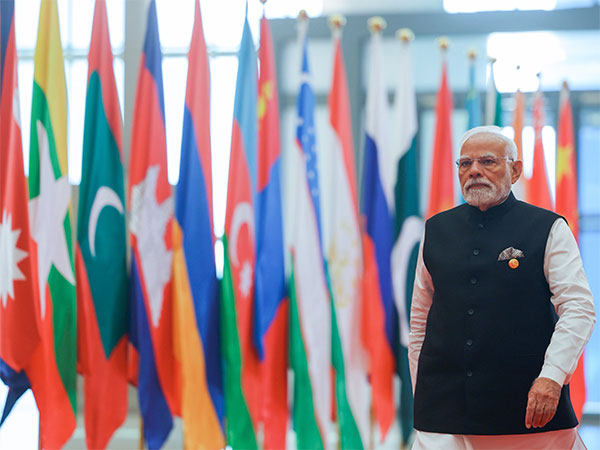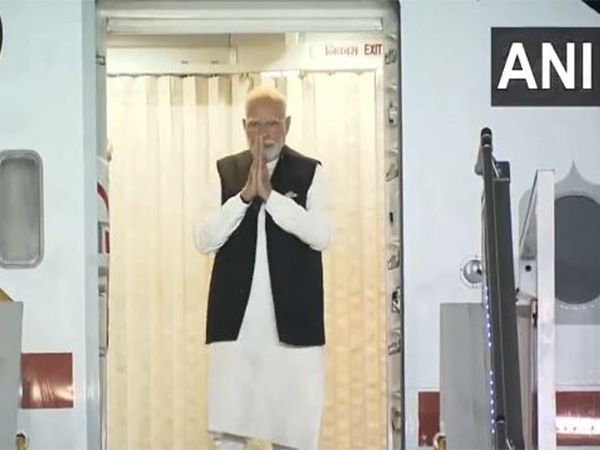Chinese province orders companies to suspend production as it struggles to meet energy consumption targets
Sep 26, 2021

Beijing [China], September 26 : China's manufacturing hub Zhejiang province has ordered a swath of companies to temporarily halt production as the province struggles to meet its energy consumption targets, a media report said.
The order has affected nearly 160 energy-intensive companies, mainly the textile, dyeing and chemical fibre industries, Nikkei Asia reported on Saturday.
The production order issued for September 21-30 has affected a large number of companies out of which 80 per cent are in the Ma'an area.
Nikkei Asia reported a community official at Ma'an area in Shaoxing city, saying, "It is mainly for the provincial government's energy consumption control requirements."
The Central government is forcing the local bodies to reduce energy consumption -- a part of a national green transition strategy to lower emissions of climate-changing greenhouse gases.
By 2025, Beijing aims to reduce national energy consumption per unit of GDP by 13.5 per cent from 2020 while cutting carbon emissions by 18 per cent. Specific reduction goals have been given to local governments too, Nikkei Asia said.
In August, National Development and Reform Commission issued a document. It stated that Zhejiang was among other provinces to have "second-level warning". The warning meant that these provinces face a severe challenge to meet the energy consumption targets.
Keqiao district -- which overseas Ma'an area -- is China's textile industry base. It accounts for nearly 30 per cent of the national capacity.
Companies have been asked to reduce power usage and cut production by the officials.
"The suspension is quite long, and it will definitely affect business as order deliveries will be delayed," a dyeing company executive in Keqiao told Nikkei Asia.
In May, Zhejiang's provincial government released a five-year plan requiring high energy-consuming industries including textiles, dyeing and plastics to upgrade their technology and improve business efficiency, according to Nikkei Asia.




















